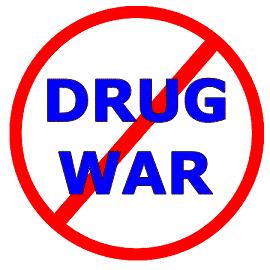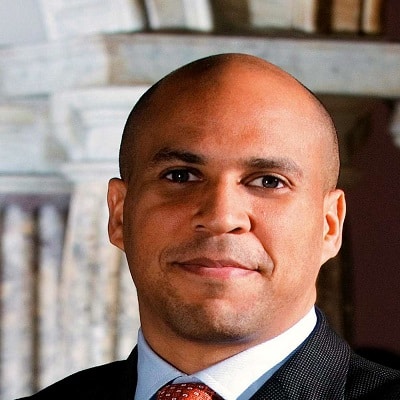Florida welfare applicants and recipients, mostly women with children, will now have to undergo drug tests at their own expense to receive cash benefits after Gov. Rick Scott (R) signed into law a drug testing bill, HB 353, that passed the state legislature earlier this month. Scott also signed HB 1039, a law banning “bath salts,” or new synthetic stimulant drugs.
More than 21,000 Floridians receiving benefits as heads of households will have to pay for and take the drug tests, as well as any new applicants. If they pass the drug test, they will be reimbursed for the cost. If they fail the drug test, they become ineligible to receive benefits for one year or until after they have successfully completed drug treatment. Children of heads of household who test positive would still be eligible to receive benefits through a designated third party.
Scott and the Republican-controlled legislature argued that the law is necessary to stop welfare recipients from using the money to buy drugs. But opponents cited studies demonstrating that drug use is no more common among welfare recipients than among the general public.
“While there are certainly legitimate needs for public assistance, it is unfair for Florida taxpayers to subsidize drug addiction,” Scott said in a press release. “This new law will encourage personal accountability and will help to prevent the misuse of tax dollars.”
 The ACLU of Florida was quick to attack the new law. It noted that the only other state law mandating suspicionless drug testing of welfare recipients–one in Michigan–was overturned by the federal courts in 2003 for violating the Fourth Amendment’s proscription against unwarranted searches and seizures.
The ACLU of Florida was quick to attack the new law. It noted that the only other state law mandating suspicionless drug testing of welfare recipients–one in Michigan–was overturned by the federal courts in 2003 for violating the Fourth Amendment’s proscription against unwarranted searches and seizures.
“Once again, this governor has demonstrated his dismissal of both the law and the right of Floridians to personal privacy by signing into law a bill that treats those who have lost their jobs like suspected criminals,” said ACLU of Florida head Howard Simon in a statement Tuesday. “The wasteful program created by this law subjects Floridians who are impacted by the economic downturn, as well as their families, to a humiliating search of their urine and body fluids without cause or even suspicion of drug abuse.”
 Citing the Michigan decision, Simon continued: “Surely the governor knew this, and the ACLU testified in the legislature that the bill was a significant and unnecessary invasion of privacy. The new law rests on an ugly stereotype that was disproven by the state’s own earlier experimental drug-testing program,” he said. “Nevertheless, their zeal to score political points on the backs of Florida’s poor once again overrode their duty to uphold the Constitution. Searching the bodily fluids of those in need of assistance is a scientifically, fiscally, and constitutionally unsound policy. Today, that unsound policy is Florida law.”
Citing the Michigan decision, Simon continued: “Surely the governor knew this, and the ACLU testified in the legislature that the bill was a significant and unnecessary invasion of privacy. The new law rests on an ugly stereotype that was disproven by the state’s own earlier experimental drug-testing program,” he said. “Nevertheless, their zeal to score political points on the backs of Florida’s poor once again overrode their duty to uphold the Constitution. Searching the bodily fluids of those in need of assistance is a scientifically, fiscally, and constitutionally unsound policy. Today, that unsound policy is Florida law.”
Also Florida law, under an executive order signed earlier this year by Scott, is the suspicionless drug testing of state employees. It, too, is opposed by the ACLU of Florida, which today said it would have an announcement about that issue tomorrow. That most likely means the ACLU will announce it is challenging the state employee drug testing law. Stay tuned.
Artilcle From StoptheDrugWar.org — Creative Commons Licensing




